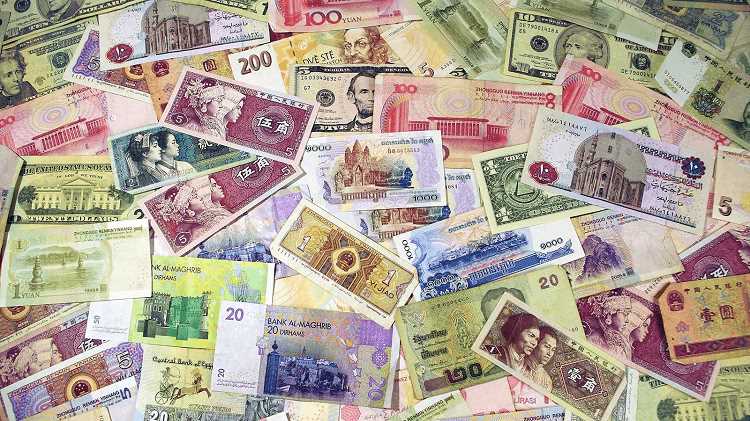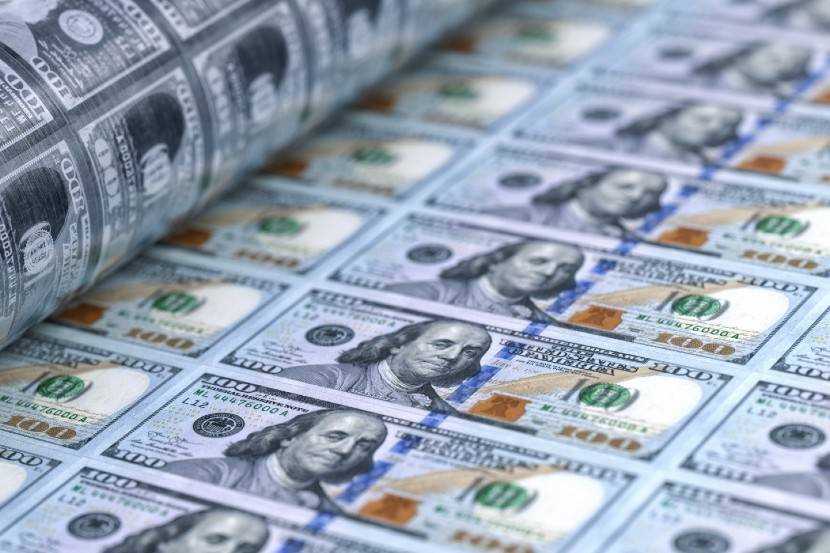The Importance of Currency

Currency plays a vital role in the global economy and is essential for conducting trade and commerce. It serves as a medium of exchange, facilitating the buying and selling of goods and services. Currency allows individuals and businesses to value and exchange their assets, making it a fundamental component of any economic system.
One of the key functions of currency is to act as a store of value. People can hold currency in the form of cash or in bank accounts as a way to preserve their wealth. Unlike perishable goods or assets that may lose value over time, currency retains its value and can be easily exchanged for other goods or services.
Currencies also serve as a unit of account, providing a common measure of value for goods and services. By assigning a numerical value to different items, currencies allow for easy comparison and evaluation of prices. This enables individuals and businesses to make informed decisions about their purchases and investments.
In addition to facilitating trade and acting as a store of value, currencies also play a crucial role in monetary policy. Central banks use various tools and strategies to manage the supply and demand of money, which in turn affects the value of the currency. By adjusting interest rates, implementing quantitative easing, or intervening in foreign exchange markets, central banks can influence the value of their currency to achieve specific economic objectives.
The Role of Currency in International Trade

Currency is particularly important in international trade, where different countries use their respective currencies to conduct transactions. Exchange rates determine the value of one currency relative to another, which can impact the competitiveness of a country’s exports and imports.
Exchange rate fluctuations can have significant implications for businesses engaged in international trade. A strong currency can make a country’s exports more expensive and less competitive, while a weak currency can make imports more expensive. This can affect a country’s balance of trade and overall economic performance.
The Impact of Currency on Investment

Currency also plays a crucial role in investment decisions. Investors consider the value and stability of a currency when deciding where to allocate their funds. A strong and stable currency can attract foreign investment, as it provides confidence and security to investors. On the other hand, a weak or volatile currency may deter investment and lead to capital outflows.
Furthermore, currency fluctuations can affect the returns on international investments. When investing in foreign assets, investors need to consider not only the potential gains from the underlying investment but also the impact of currency movements. Exchange rate fluctuations can either enhance or diminish investment returns, adding an additional layer of risk to international investments.
| Key Points |
|---|
| Currency is essential for conducting trade and commerce. |
| Currencies serve as a store of value and a unit of account. |
| Central banks use monetary policy to manage the value of currency. |
| Exchange rates impact international trade and investment decisions. |
Monetary Policy and its Impact on Currency
Monetary policy plays a crucial role in determining the value and stability of a country’s currency. It refers to the actions taken by a central bank or monetary authority to regulate the money supply and interest rates in an economy. These policies have a direct impact on the exchange rate of a currency, which in turn affects the purchasing power and competitiveness of a nation.
Monetary policy is implemented by central banks to achieve specific economic objectives, such as controlling inflation, promoting economic growth, and maintaining price stability. Central banks use various tools to influence the money supply and interest rates, including open market operations, reserve requirements, and the discount rate.
Open market operations involve the buying and selling of government securities to control the money supply. When a central bank buys government securities, it injects money into the economy, increasing the money supply. This can lead to lower interest rates and stimulate economic activity. Conversely, when a central bank sells government securities, it reduces the money supply, which can raise interest rates and slow down economic growth.
Reserve requirements refer to the amount of funds that banks are required to hold in reserve. By adjusting these requirements, central banks can influence the amount of money that banks can lend out. Lower reserve requirements can increase the money supply, while higher requirements can decrease it.
The discount rate is the interest rate at which commercial banks can borrow funds from the central bank. By changing the discount rate, central banks can encourage or discourage borrowing and lending activities, which can impact the money supply and interest rates.
Impact on Currency
Monetary policy has a significant impact on the value of a country’s currency. When a central bank implements expansionary monetary policy, such as lowering interest rates or increasing the money supply, it can lead to a depreciation of the currency. This is because lower interest rates make the currency less attractive to foreign investors, reducing the demand for it. Additionally, an increase in the money supply can lead to inflation, which erodes the value of the currency.
On the other hand, when a central bank implements contractionary monetary policy, such as raising interest rates or reducing the money supply, it can lead to an appreciation of the currency. Higher interest rates make the currency more attractive to foreign investors, increasing the demand for it. Additionally, a decrease in the money supply can help control inflation and maintain the value of the currency.
The value of a country’s currency also affects its competitiveness in international trade. A stronger currency makes imports cheaper and exports more expensive, which can negatively impact a country’s trade balance. Conversely, a weaker currency makes exports cheaper and imports more expensive, which can improve a country’s trade balance.

Emily Bibb simplifies finance through bestselling books and articles, bridging complex concepts for everyday understanding. Engaging audiences via social media, she shares insights for financial success. Active in seminars and philanthropy, Bibb aims to create a more financially informed society, driven by her passion for empowering others.
